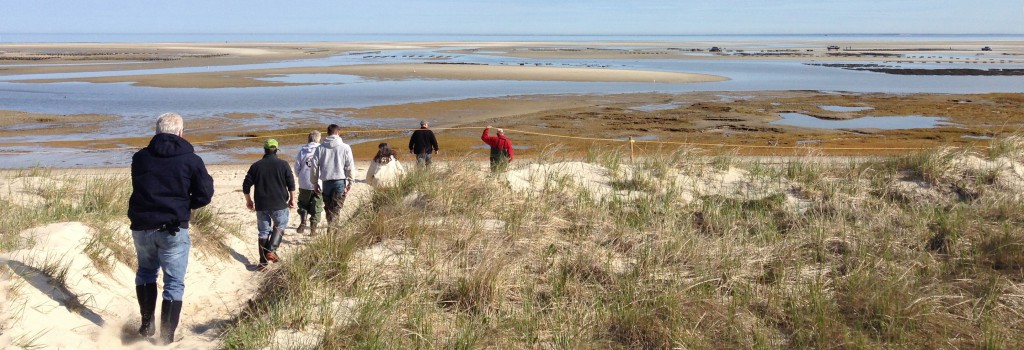Environmental Literacy and Workforce Development
2022-2023 Projects
Content Coming Soon
2020-2022 Projects
- Megan Winton, Atlantic White Shark Conservancy, and Greg Skomal, Massachusetts Division of Marine Fisheries: Development and testing of a near real-time white shark forecast system for Cape Cod, Massachusetts
- Marianne Long and Megan Winton, Atlantic White Shark Conservancy: Understanding the rewilding of Cape Cod: Creating a curriculum unit for middle school learners
- Jennifer Jackman, Salem State University; Owen Nichols and Lisa Sette, Center for Coastal Studies; Stephanie Wood, Univ. of Massachusetts-Boston; George Maynard, Cape Cod Commercial Fishermen’s Alliance; Cynthia Wigren, Megan Winton, and Marianne Long, Atlantic White Shark Conservancy; and Allen Rutberg, Tufts University: Human Dimension of Rebounding Population of Seals and White Sharks on Cape Cod, MA
2018-2020 Projects
No Projects Funded in This Cycle
2014-2016 Projects
- Laela Sayigh, Kathy Patterson, Woods Hole Oceanographic Institution, and M. Carla Curran, Broader Impacts, LLC: Experiential learning for the visually impaired: Eavesdropping on marine mammal conversation
2012-2014 Projects
- Laela Sayigh, Woods Hole Oceanographic Institution, and M. Carla Curran, Broader Impacts, LLC: It’s Noisy Out There! Using Dolphins and Whales to Teach Students about How Humans Influence Coastal Ecosystems
Focus Area Summary
In 2005 the National Research Council published a report entitled, Rising Above the Gathering Storm, that focuses on the need to build a competent workforce that is literate in science, technology, engineering and mathematics in order to meet the global challenges of the 21st century. This need is directed at not only the next generation of scientists and engineers, but also those who will develop new approaches to managing resources, and the general public who will make decisions.
Within this focus area Sea Grant has assumed the responsibility to improve the environmental literacy of the general public, to inform teachers and informal educators of new advances in science and technology, to inform decision makers of advances in science that informs policy, and to assist in the training of undergraduate, graduate, postdoctoral, and law students. Each of these diverse audiences requires a different approach in providing technical information that will enhance opportunities for learning.

